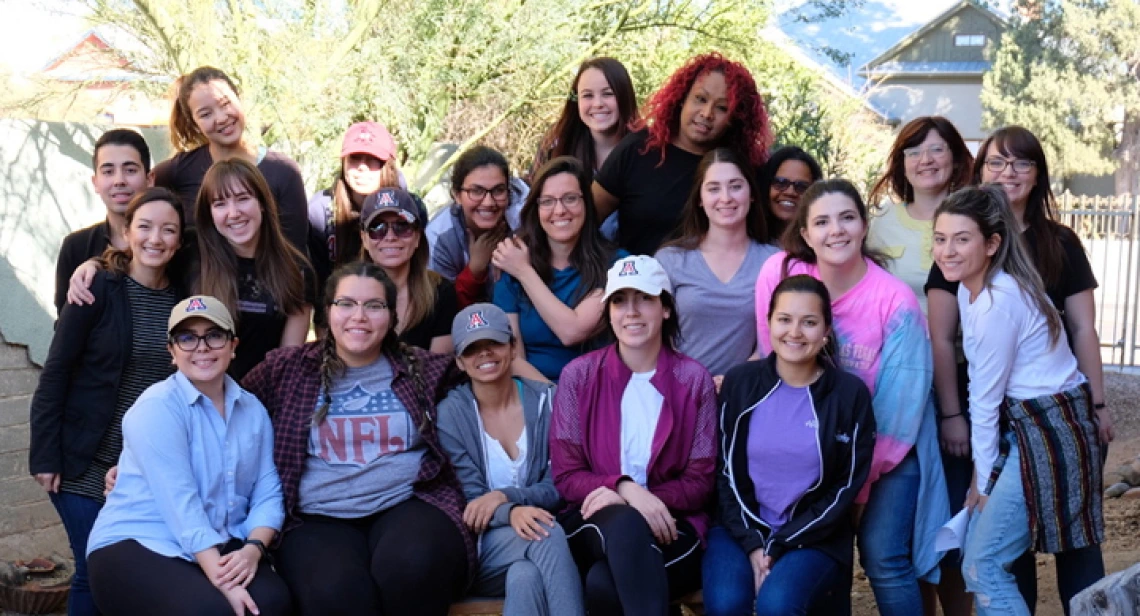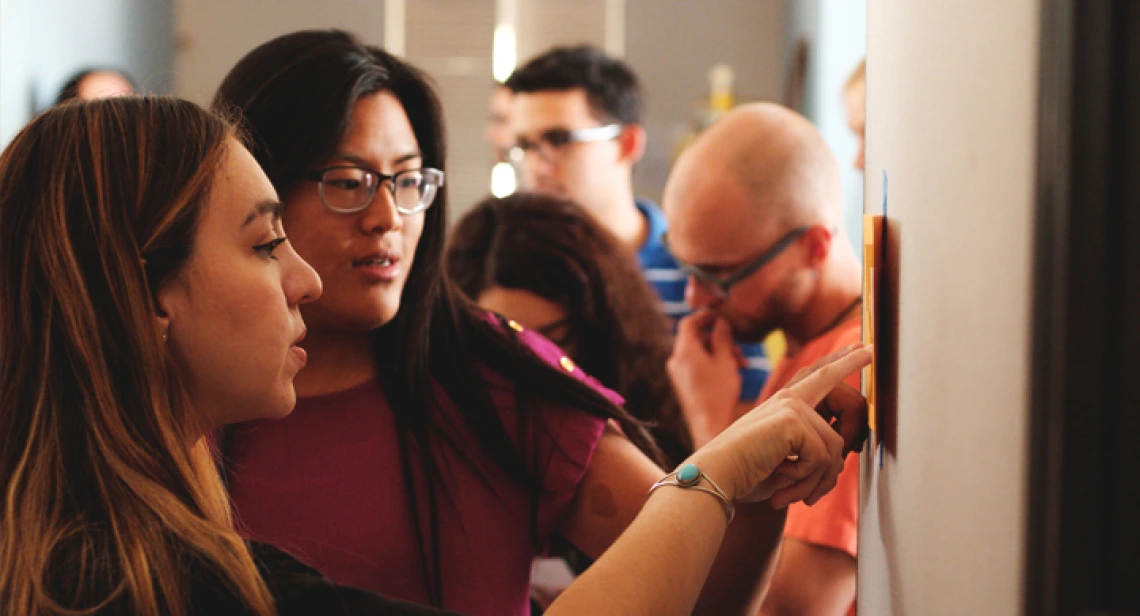

SPAN 480 satisfies the service-learning requirement for the Spanish and Portuguese Program at the University of Arizona. Students will participate in a service-learning activity in which they actively utilize Spanish. This activity will address a need in our community, support our course objectives, involve a connection between the campus and the world around it, challenge students to be civically engaged, and involve structured student reflection.
Options include working in multicultural youth clubs and public schools, day care centers, emergency adolescent shelters, homeless shelters and food programs, centers for low-income elderly citizens, addiction treatment centers, community youth groups, programs for the mentally challenged, local food pantries, drop-in centers for HIV positive individuals, and involvement in local Immigrant Assistance Programs.
"Never before have I been in a class where it truly changed me."
Moira Hamilton, B.A. Spanish
This weekly capstone seminar not only facilitates critical thinking and a deeper understanding of cultural diversity and citizenship, but also encourages contribution to positive social change in our community. Readings, assignments, and reflection are selected to highlight multiple perspectives, to critically analyze issues, and to promote action. Students dedicate at least 40 hours at a pre-approved site directly serving a population in need or supporting activities that contribute to the greater good of our community. Through direct community engagement, this course exposes students to the necessary relationship between intention and action and to develop their sense of the possibility for social change.
A component of SPAN 480 is a 3-day delegation with BorderLinks, an experiential learning opportunity that explores the root causes of migration. For 3 days students meet and speak with people directly affected by migration, including migrants and others who live in the borderlands, and with advocates for migrant justice. They also build connections with people and organizations fighting for migrant justice on both sides of the border, and think critically and intersectionally about solutions to the root causes of migration. An outside donor funded the first delegation entirely. Please, read this article: Linking learning to life on the US-Mexico border.
The course fulfills the requirements of the University’s 100 percent Student Engagement Initiative.



